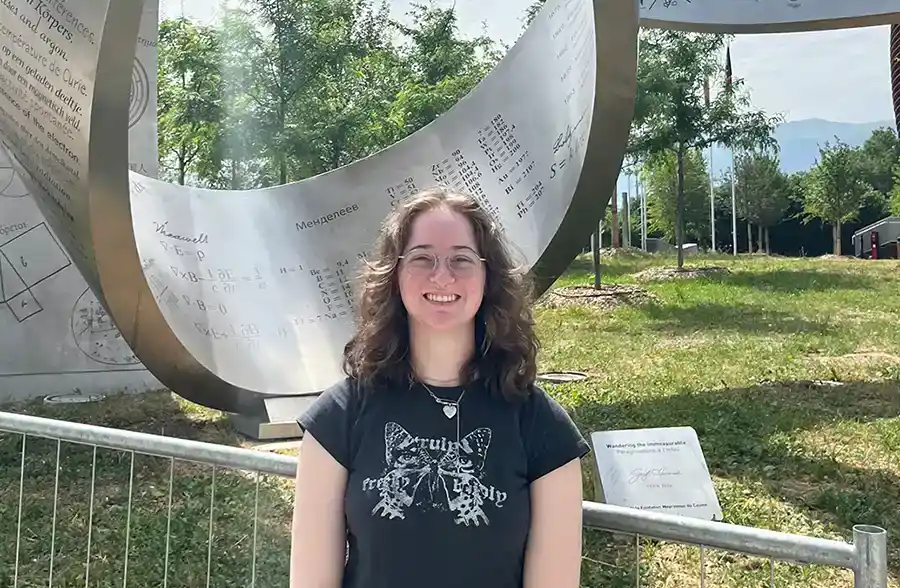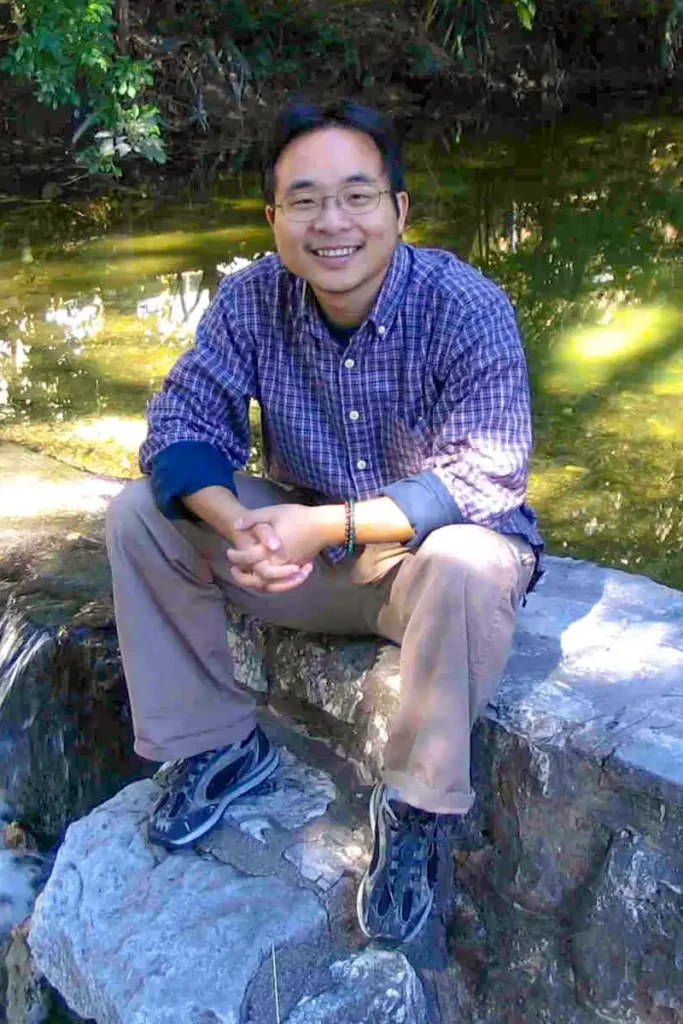To study physics is to join humanity’s storied quest to discover and understand the most basic laws and principles governing our material world. To study physics at the University of Tennessee is to learn from great professors in small classes, contribute to research on campus and at major facilities (Oak Ridge National Laboratory and CERN, to name a couple), prepare for a variety of careers in and outside the sciences, and enjoy the camaraderie of like-minded students.
SCIENTIFIC VOLS Are you a fit for Physics?
Are you the type of person who takes things to pieces, just to see how they work? Have you ever wondered how an airplane stays in the air, or how the planets stay in orbit around the sun? Physics may be the choice for you.
What is Physics?
Humans have always been inquisitive. Since pre-historic times we have tried to understand the world around us. Physics as a discipline encompasses much of this voyage of discovery, from the tiniest sub-atomic particles, through the materials that surround us in our everyday life, to the unimaginably huge, such as galaxies and the universe itself. Physicists try to understand the structure and interactions between these objects at a fundamental level through experiments, observations, theoretical models, calculations, and simulations. They are also involved in the development of new technologies that are often based on recent discoveries from basic research.
Why Study Physics?
Are you the type of person who takes things to pieces, just to see how they work? Have you ever wondered how an airplane stays in the air, or how the planets stay in orbit around the sun, or whence came all the elements that we and the earth around us are made of? If so, physics may be the choice for you. Studying physics can be intellectually stimulating. Finally understanding why things happen the way they do—and being able to make predictions that can be tested—can be very fulfilling to an inquisitive mind. A bachelor’s degree in physics can open many doors: to more focused research, jobs in technology and computing, or any field where good analytical skills are required.
The UT Difference
We offer small classes for our majors, allowing professors to work with students through the course material (all courses are taught by faculty, not grad students). The flexibility of our curriculum allows students to tailor their education to fit their interests. We also have a strong and long-standing reputation for research, with many faculty at the cutting edge of their fields. We have strong ties with Oak Ridge National Laboratory (one of the largest government labs in the country) with several faculty having joint UT-ORNL appointments and many others using the facilities there. Our undergraduates are integrated into the research program and have worked on research projects at the Spallation Neutron Source, the Large Hadron Collider, and labs across campus, including at the Institute for Advanced Materials and Manufacturing in our growing quantum materials program.

In My Own Words
Over the summer, I got the opportunity to do research at CERN through the University of Michigan REU program. We wanted to study the energy dependence of the production cross section, which can tell us about the Goldstone Boson Equivalence Theorem in the domain of single gauge boson production.
Our alumni work as physicists, software engineers, medical doctors, science writers, professors, high school teachers, astronomers, lawyers, and architects. Our Society of Physics Students is consistently recognized as an outstanding chapter and enjoys a terrific mix of academic, outreach, and social pursuits. We also offer scholarships and employment options in the department. Our academic, research, and engagement opportunities make UT a great choice for any student interested in a physics education.
Program Contacts


